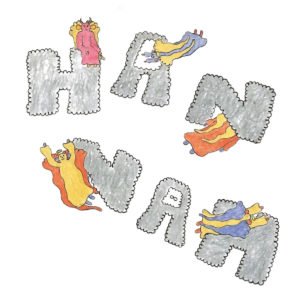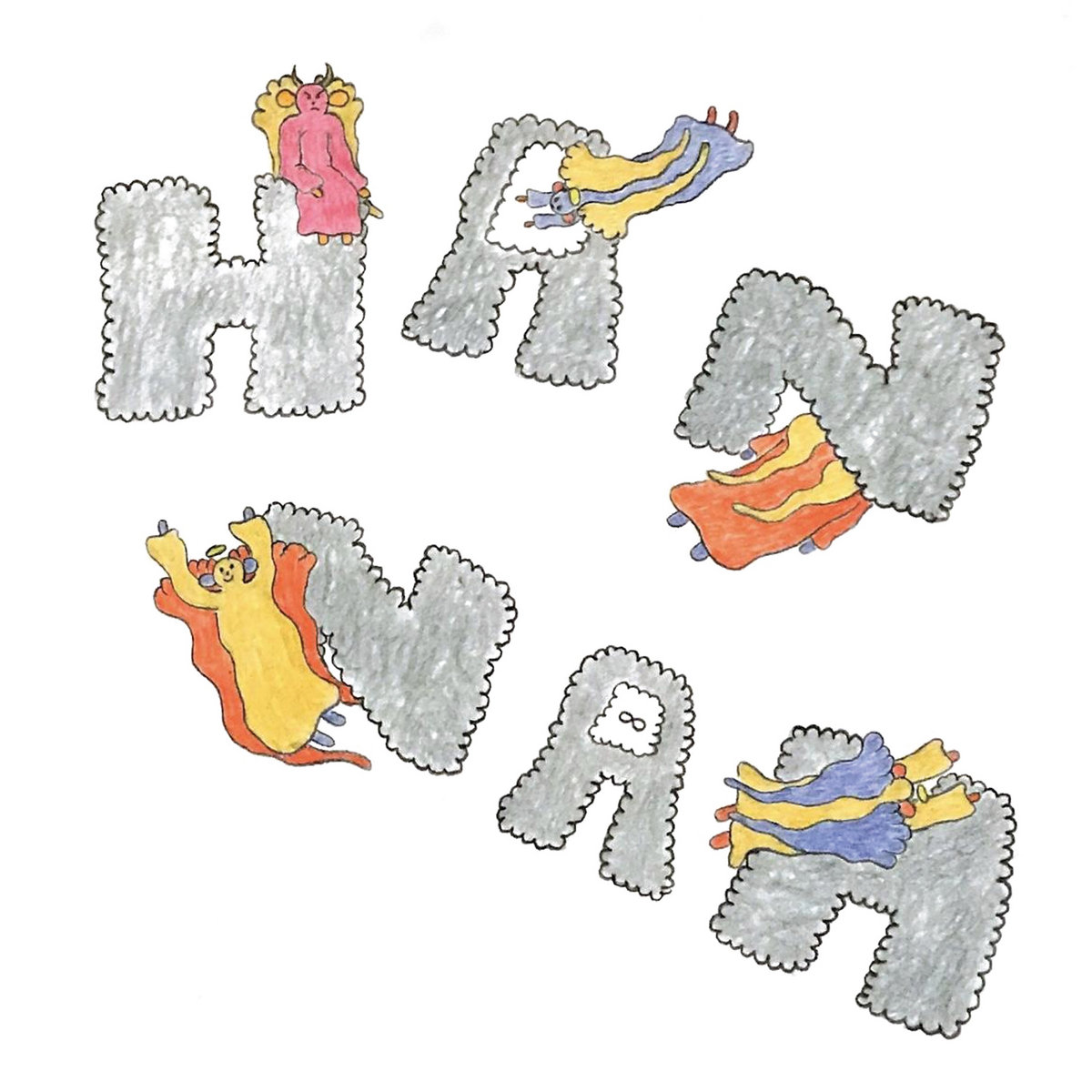Lomelda
Hannah
DOUBLE DOUBLE WHAMMY
8/10
There are many holy rituals associated with name-giving, and although it’s a sprinkling of melody rather than sanctified oil, Hannah Read’s third album as Lomelda treads a similar sacred ground. Hannah is a kind and intricately braided selection of gentle acoustic guitars, a stratocumulus cloud of piano chords, a comforting pillow of static, and then a clashing of electric guitar and a lone drum punch. There are moments of hushed humility and then waves of intensity, but with Read’s expansive vocals and affecting lyricism, no moment is overbearing.
One of Hannah’s most enticing attributes is Read’s ability to balance sparks of casual personability and revelatory confidence (or anxiety). “I sent you the sun from my hometown, and Chicago, and Atlanta / Sinkin’ at the sight of your shadow,” she sings on the opening of “Hannah Sun.” A pale synth sound bleeds in like fresh sunlight as Read sings like a traveling friend trying to share a piece of the sky with you. Drums, strings, and keys slowly crowd her as things spiral into abstraction. “Am I shinin’ / I am trying to shine,” she mumbles, and then all instruments fall away.
Hannah is a reconciliation with the self and one’s designated identity. At times, these songs are a conversation between Hannah Read and Lomelda. Are they two different beings? How does one highlight the other and then affect the world’s rotations? Read is contemplating her chosen vocation, the name she was given, and the name she chose. “Hannah do no harm,” she exclaims alongside a guitar at the end of “Hannah Sun.” She sings as if consoling herself, and also reminding herself and us of her intention.
Whether she’s talking to a loved one, her listeners, or music itself, like much of Lomelda’s previous work, Hannah is concerned with connection—how point A connects to point B; how a song finds the emptiness within us and transforms it into a space of joy or reflection or acceptance; how someone else’s recognition can humanize and make us feel real. “So confused who I haven’t been,” Read bursts with consternation on “Reach.” Before she can repeat the phrase again she urges, “How’d you know,” looking to the sky or the person across from her for an answer.
It’s been noted that it took Read three tries to pin down the magic of Hannah. Starting over and questioning is an important part of the process. She keeps going back to the beginning of her acceptance without time or doubt dimming her brilliance. Maybe it’s Read reaching for something grander, knowing she won’t get an answer. She does, after all, phrase most of her confoundments as statements, not questions. Holding herself and her art to higher standards, Hannah is a capsule of acceptance, frustration, and growth; an artist making her devotion hold pockets of answerless questions and gracious light with a far reach.









